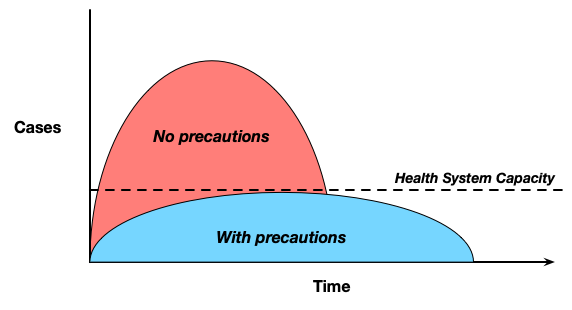I wrote about how I was frustrated with the lack of any decent learning expertise in too many vendors. And, lately I’ve been seeing more orgs making learning claims. Unrelated, of course, because it’s too soon. Still, are things improving? My experience suggests that it’s not yet quite the case. The problem is whether their learning expertise is shallow or deep. And, you can guess where this is going ;).
For one, a number of times I’ve taken down some silly myths based marketing. And, if people are putting out such snake oil, you really shouldn’t be trusting them. If they’re going on about how people are learning differently these days, you should be on notice. Or, rather, they should!
It goes further, however. If a company is posing as learning science informed, and then propagating myths stuff, you should be worried. Yet it seems all too common. After that myths piece, and the post by an ‘authority’ in the field, I came across another. This site talked about brain science, and says they know about ed psych, cognitive research, but also neuroscience. Going deeper, they’re talking Bloom’s Taxonomy, and dopamine. And that’s not promising.
And the reason this worries me is not propagating myths, but instead it may be misleading about how capable an org really is. Lots of people can talk glibly, tossing around terms like cognitive, and psychology. And some actually do know their stuff. BUT, it takes more than a polished site and shiny patter to mean they really do know their stuff. And if you need real change (and otherwise why spend?), you need real expertise.
So, fair warning. Because they say they get it, they may not really. Look, the human brain is the most complex thing in the known universe, so whether an org is shallow or deep really matters in delivering meaningful outcomes. If it matters (and it should).

